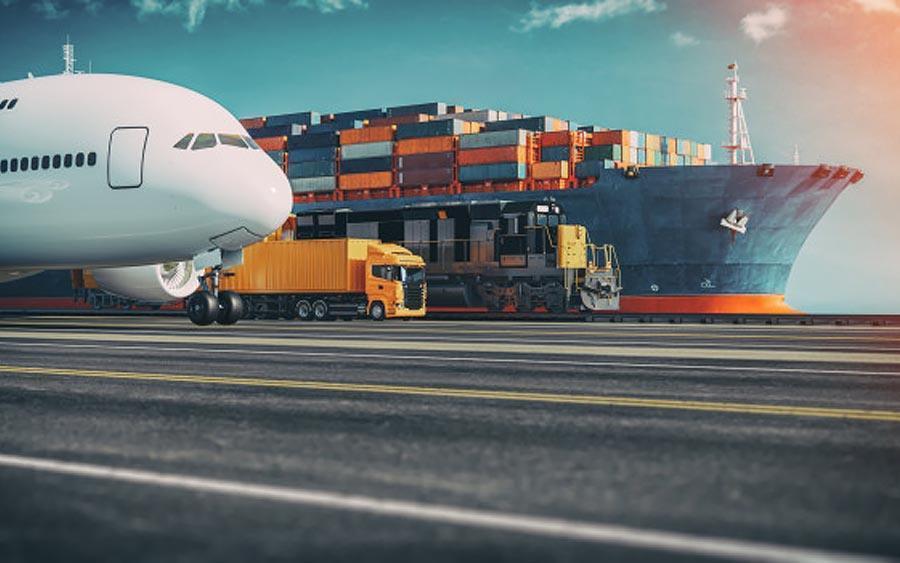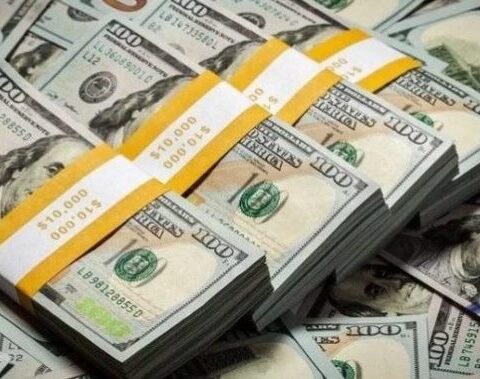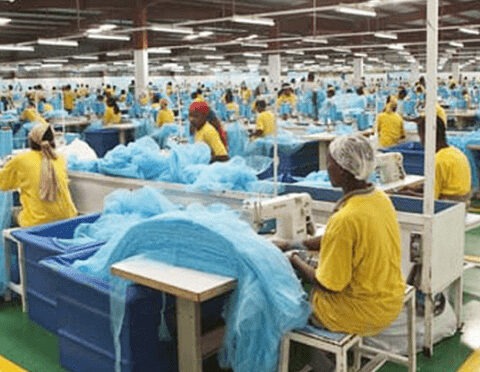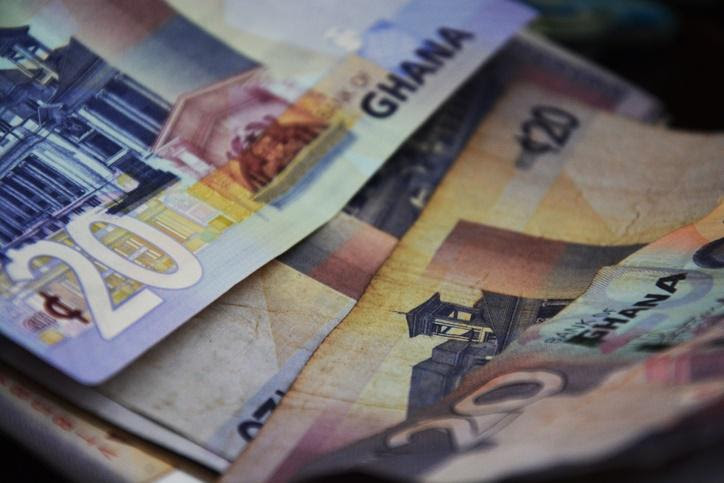Nigeria grapples with trade deficit of N9.4 trillion in the first nine months of 2023, as manufactured goods imports surged to N9.9 trillion, dwarfing exports at N543 billion.
Analysts dissecting the Foreign Trade Statistics reports from the National Bureau of Statistics revealed a concerning trend. Major imports include ‘Used Vehicles’ from the United States and UAE, ‘Machines for reception, conversion, and transmission of voice, images, or data’ from China, and ‘Other medicaments not elsewhere specified’ from India.
Join our WhatsApp ChannelOn the flip side, exports in this sector, predominantly ‘Unwrought aluminium alloys’ to Japan and ‘Oilcake and other solid residues’ to Japan, struggle to offset the massive imports, creating a negative balance.
The Manufacturers Association of Nigeria‘s report underscores the nation’s faltering position in global export trade, ranking 52nd among nations.
Francis Meshioye, president of MAN points to high production costs crippling the competitiveness of Nigerian manufacturers in the international market.
Meshioye emphasizes the need for a robust economic base to support a flourishing export sector.
The World Bank’s Nigeria Development Update echoes these sentiments, stressing the urgency of increasing non-oil revenues despite the advantages derived from the oil sector.
With Asia, Africa, and Europe as the primary destinations for manufactured goods exports, the critical challenges highlighted include production hurdles, port administration inefficiencies, and an unfavorable operating environment.
As Nigeria grapples with this economic conundrum, Meshioye advocates a holistic approach, addressing the underlying issues hampering the nation’s ability to compete on the global stage and emphasizing the crucial role of a solid economic foundation.
READ ALSO: Nigerian Manufacturers In Dire Straits As Naira Dips By 38.9% In 3 Months
He said “We tell our members to export more, but all these things are based on competitive advantages. If you want to export a product, it is fine, but at what cost are you going to export it? What will be your price? If the cost is astronomically high, it will be difficult to export. It is a circle.
“The export base should be good enough to support the floating exchange rate, but we need to have a good economic base to do that.”
Emmanuel Ochayi
- Emmanuel Ochayi
- Emmanuel Ochayi
- Emmanuel Ochayi
- Emmanuel Ochayi
- Emmanuel Ochayi
- Emmanuel Ochayi
- Emmanuel Ochayi
- Emmanuel Ochayi
- Emmanuel Ochayi
- Emmanuel Ochayi
- Emmanuel Ochayi
- Emmanuel Ochayi
- Emmanuel Ochayi
- Emmanuel Ochayi
- Emmanuel Ochayi
- Emmanuel Ochayi
- Emmanuel Ochayi
- Emmanuel Ochayi
- Emmanuel Ochayi
- Emmanuel Ochayi
- Emmanuel Ochayi
- Emmanuel Ochayi
- Emmanuel Ochayi
- Emmanuel Ochayi
- Emmanuel Ochayi
- Emmanuel Ochayi
- Emmanuel Ochayi
- Emmanuel Ochayi
- Emmanuel Ochayi
- Emmanuel Ochayi
- Emmanuel Ochayi
- Emmanuel Ochayi
- Emmanuel Ochayi
- Emmanuel Ochayi
- Emmanuel Ochayi
- Emmanuel Ochayi
- Emmanuel Ochayi
- Emmanuel Ochayi
- Emmanuel Ochayi
- Emmanuel Ochayi
- Emmanuel Ochayi
- Emmanuel Ochayi
- Emmanuel Ochayi
- Emmanuel Ochayi
- Emmanuel Ochayi
- Emmanuel Ochayi
















